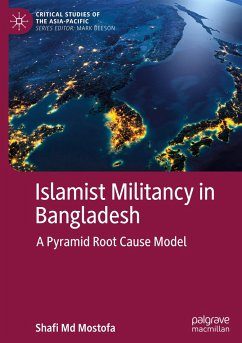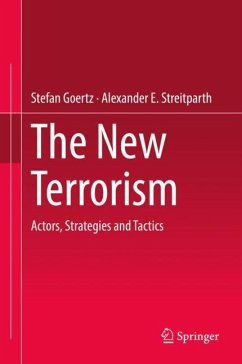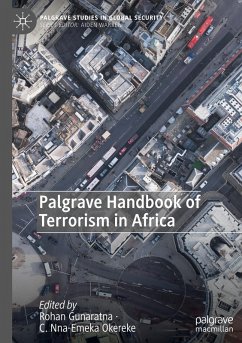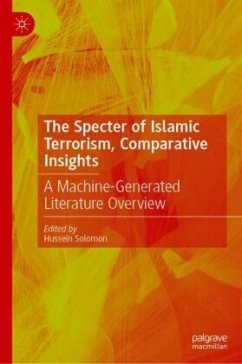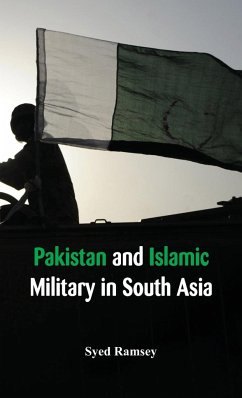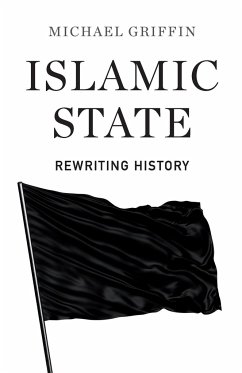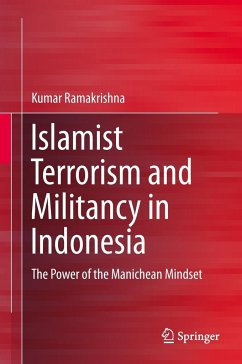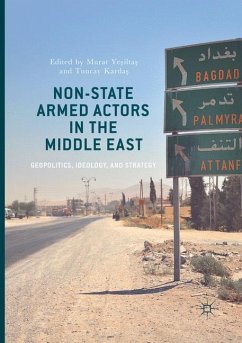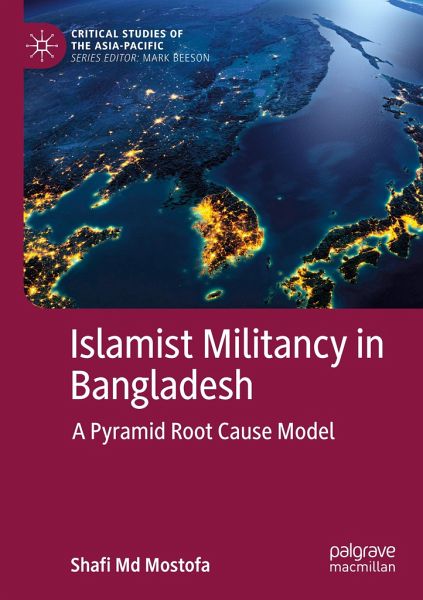
Islamist Militancy in Bangladesh
A Pyramid Root Cause Model
Versandkostenfrei!
Versandfertig in 6-10 Tagen
98,99 €
inkl. MwSt.
Weitere Ausgaben:

PAYBACK Punkte
49 °P sammeln!
This book seeks to investigate not only the causes of radicalization but also how radicalization has unfolded since 2009 based on an exhaustive review of the relevant literature and two stints of fieldwork in Bangladesh involving 71 in depth interviews of highly credentialed individuals. This book looks at both local and global factors that have served to provoke young Bangladeshis, many of whom are from relatively well-educated backgrounds, to become religiously belligerent and eventually to turn into terrorists. Ideology, it is argued, plays a pivotal role in the radicalization process, and ...
This book seeks to investigate not only the causes of radicalization but also how radicalization has unfolded since 2009 based on an exhaustive review of the relevant literature and two stints of fieldwork in Bangladesh involving 71 in depth interviews of highly credentialed individuals. This book looks at both local and global factors that have served to provoke young Bangladeshis, many of whom are from relatively well-educated backgrounds, to become religiously belligerent and eventually to turn into terrorists. Ideology, it is argued, plays a pivotal role in the radicalization process, and justifies violence. Most importantly, ideology proffers solutions to the micro and macrocauses of commonly identifiable youth disaffection. This book mainly focuses on the Islamic State and Al Qaeda's exploitation of religious beliefs and their construction of a mobilizing, apocalyptic narrative that strikes a chord with the young, middle-class Muslims. Both organizations target them for recruitment. The book ends by proffering what is called a 'Pyramid Root Cause model,' which attempts to tie all the causative variables of radicalization into a connected explanation of what has been happening in Bangladesh over the last decade. This book is of interest to scholars of political Islam, international politics, and security studies, including terrorism and the politics of South Asia.





